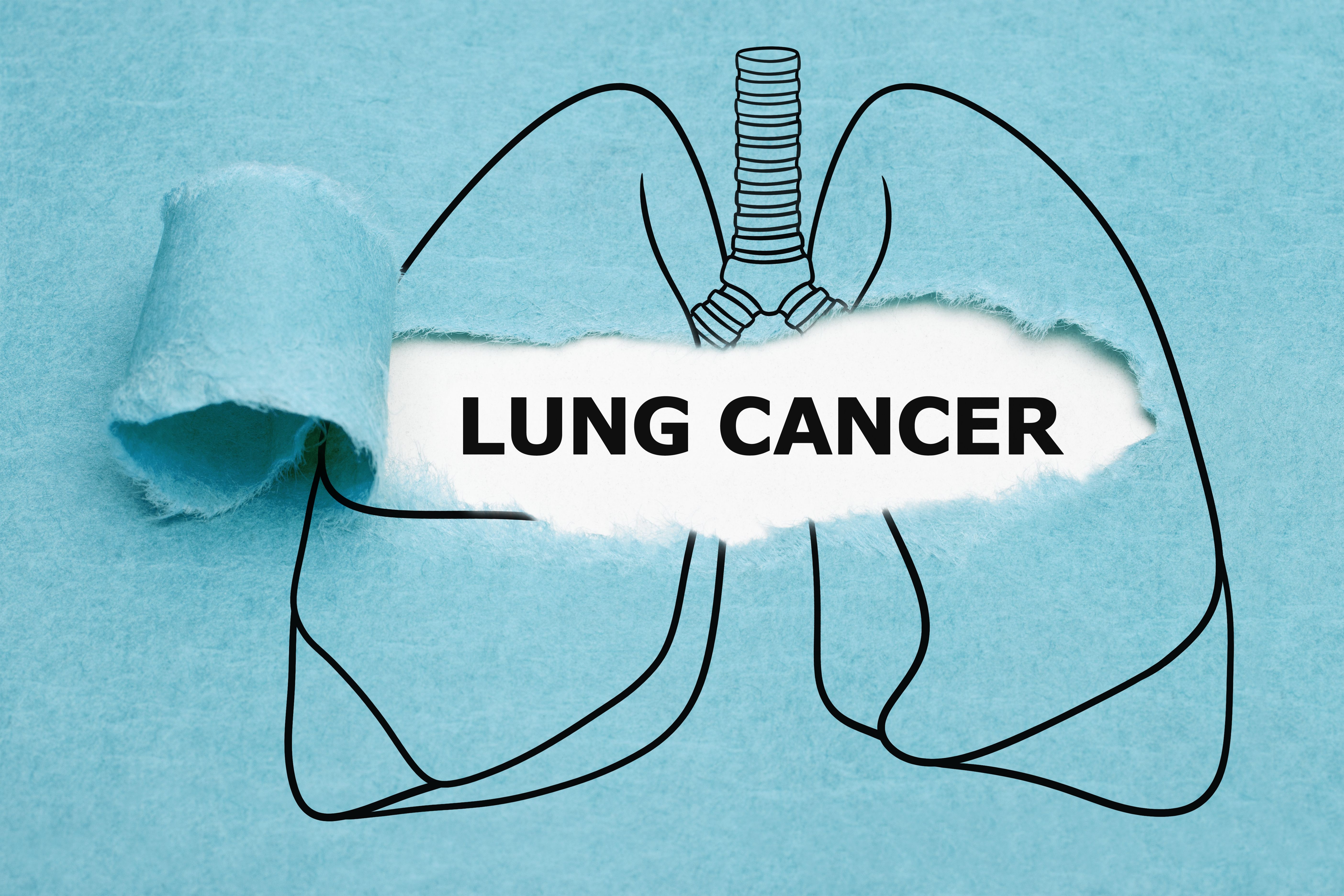
Small Cell Lung Cancer
Latest News
Latest Videos

Podcasts
CME Content
More News

Lurbinectedin has been approved to be used in combination with atezolizumab or atezolizumab and hyaluronidase.

Second primary malignancies in patients with small cell lung cancer are often misdiagnosed as distant metastases.

Atezolizumab or durvalumab, combined with platinum-doublet regimens, delivered superior responses and survival in patients often excluded from clinical trials.
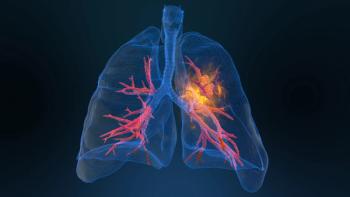
A phase 1b trial of tarlatamab plus PD-L1 inhibitors in extensive-stage small-cell lung cancer (ES-SCLC) showed a median overall survival of 25.3 months with manageable safety.
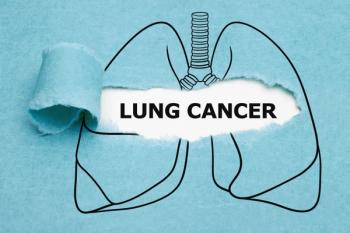
A new report identified 11 additional high-frequency mutations in small-cell lung cancer.

Super-enhancer-related microRNAs (miRNAs) reveal diverse subtypes of small cell lung cancer (SCLC), offering potential as diagnostic and prognostic biomarkers.

Patients with small cell lung cancer (SCLC) experienced better responses to immune checkpoint inhibitors if they had higher levels of NOTCH1 expression in a recent study.
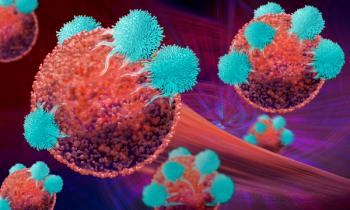
The findings may inform future studies on the therapeutic strategy for patients with small cell lung cancer (SCLC).

The 6-month progression-free survival rate for the combination therapy was 52.2%.

Angel Qin, MD, identified the critical role of immunotherapy timing and shared decision-making in small cell lung cancer while also addressing the need for more broadly applicable treatments and personalized care.
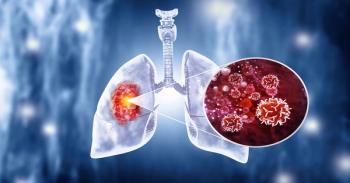
A retrospective analysis found whole brain radiation therapy alongside immune checkpoint inhibitors led to “brilliant” 2-year overall survival rates.

Real-world data support the effectiveness of combining platinum-based chemotherapy with PD-1 inhibitors for recurrent limited-disease small cell lung cancer (SCLC), enhancing patient outcomes.

New data show midkine expression is heightened in small cell lung cancer, suggesting the growth factor may be an important therapeutic target.

Emerging therapies, including antibody-drug conjugates and biomarker-driven approaches, have the potential to significantly impact outcomes for patients with traditionally poor prognoses and limited options.
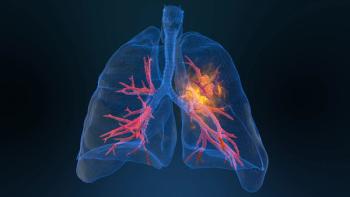
Older patients with small cell lung cancer and significant weight loss were more likely to experience dose interruptions than patients with cachexia.

The incidence of small cell lung cancer (SCLC) is projected to drop by 5.9% each year through 2050.

Elevated NLR may no longer predict poor survival outcomes in patients with small cell lung cancer (SCLC) receiving immunotherapy, according to new research.

Median overall survival was 5 months longer in patients with small cell lung cancer (SCLC) who received tarlatamab instead of chemotherapy after progression following platinum-based chemotherapy.

The timing of immunotherapy initiation is not a significant factor in the outcomes of patients with extensive-stage small cell lung cancer (ES-SCLC), a study found.

The findings provide insight into which patients may have favorable or inferior responses to immunotherapy for small cell lung cancer (SCLC).

Researchers hope that identifying the genomic alterations specific to transformed small cell lung cancer (SCLC) can help drive improvements in personalized treatments for these patients.

The bispecific T-cell engager tarlatamab demonstrated favorable antitumor activity in a small cohort with small cell lung cancer (SCLC), but it was also linked to higher rates of serious adverse events like cytokine release syndrome than seen in clinical trials.

Combining immunotherapy with chemotherapy shows promise in enhancing survival rates for extensive-stage small cell lung cancer (ES-SCLC).

Even with prevention measures and timely, aggressive intervention, tumor lysis syndrome (TLS) remains life-threatening, as a case study in small cell lung cancer (SCLC) illustrates.

The immunotherapy improved outcomes compared with standard chemotherapy in the global Phase 3 DeLLphi-304 trial.

